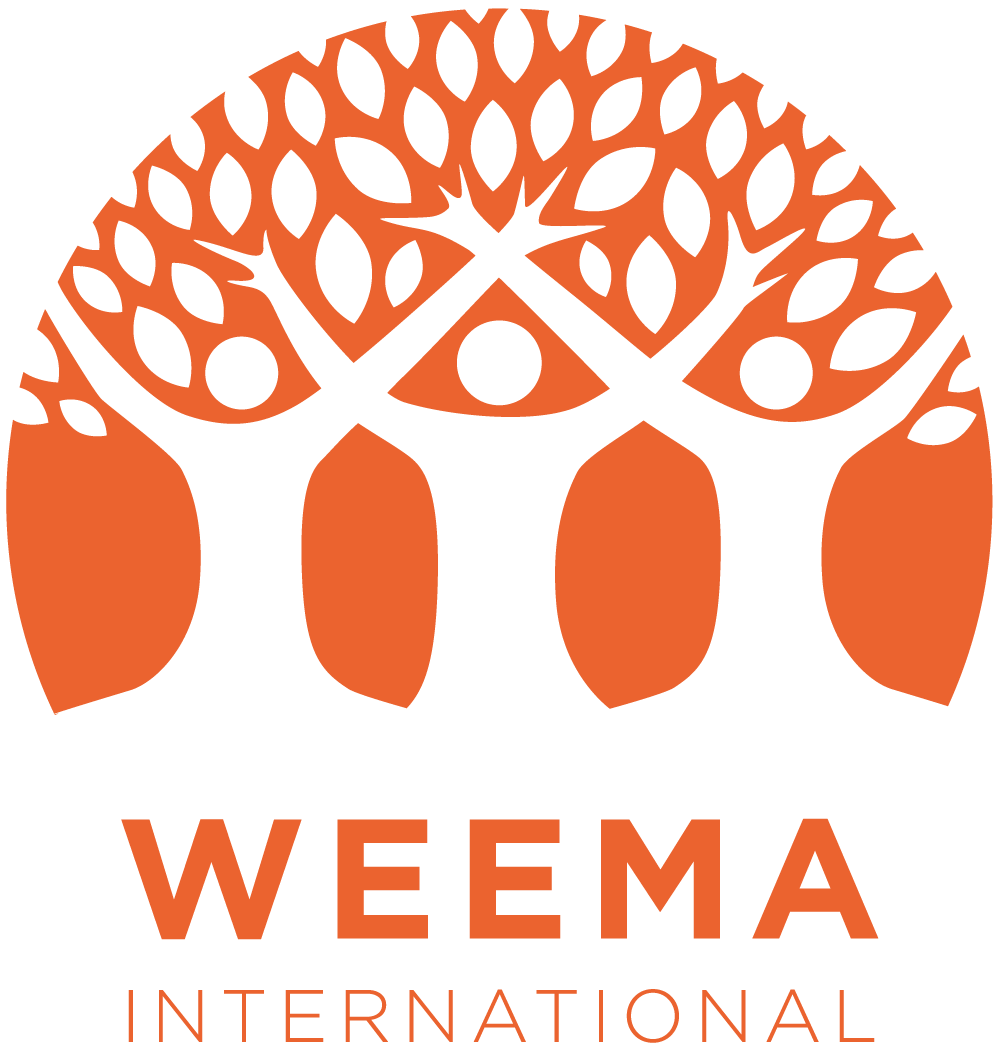Potters Empowerment
THE ISSUE
In many parts of rural Ethiopia, potters, who are often women, face social discrimination and economic challenges- shaped by longstanding cultural norms and beliefs. These stigmas stem from a mixture of historical, social, and economic factors, which are also interwoven with the country's broader struggles around poverty and gender inequality.
Potters, in particular, have long been relegated into a traditional caste-like system that considers them low-status. Those who engage in these trades can face ostracism and exclusion, which is entrenched in social attitudes that are sometimes driven by religious beliefs and superstitions. They experience prejudice and social exclusion, with their work regarded as lowly or unclean.
Economic marginalization is another significant challenge since traditional pottery products, while valuable within the community, are often undervalued in the broader market economy. This undervaluation stems from competition with cheaper, mass-produced alternatives and a lack of recognition for the time and skill required to produce handmade pottery. The precarious economic position of these artisans is compounded by limited access to resources, including clay and firewood, as well as markets to sell their goods.
Education access is another obstacle potters face. Given the nature of the craft, pottery making is often a full-time job that requires the involvement of all family members. Children, especially girls, are often expected to help their mothers, which can interfere with their school attendance and contribute to a cycle of poverty and limited opportunities.
Gender discrimination further exacerbates these challenges. In many parts of Ethiopia, societal norms limit women's roles and opportunities, affecting their access to resources, training, credit facilities, and decision-making power within the community. For women potters, these factors can make it difficult to innovate, expand their businesses, or seek better economic opportunities.
The issues facing the potter communities in rural Ethiopia are complex and multifaceted, requiring concerted efforts at various levels. Changing deeply ingrained societal attitudes and norms is a long-term endeavor that involves education and awareness-raising. Simultaneously, practical interventions, such as improving access to resources and markets, providing pottery wheels and other equipments, securing land with the proper soil, and ensuring fair prices for their products, can help alleviate economic challenges.
WEEMA’S COMMUNITY-LED INTERVENTION
WEEMA is partnering with dozens of female potters and community leaders to address the complex issues that face the potter community. Our interventions include training on modern pottery techniques, improving the firing process, working with the government to secure land, organizing community events to encourage social inclusion, enrolling children in school, providing vocational training to potters’ husbands, facilitating mentorship and peer-to-peer learning, and establishing women’s self groups within the potter community.
POTTERS EMPOWERMENT LOG FRAME
(What is a log frame? A logical framework, often referred to as a log frame, is a planning tool used in international development to design, implement, monitor, and evaluate projects. It establishes a coherent structure to identify and express the project's goals, objectives, activities, inputs, outputs, outcomes, and impacts, while also defining the indicators for measuring success and identifying potential risks and assumptions. This framework fosters accountability and ensures that projects are effectively addressing identified needs and expected results.)



